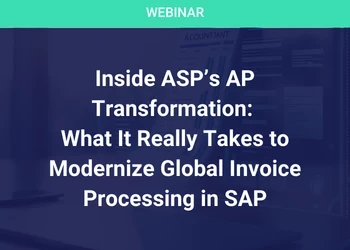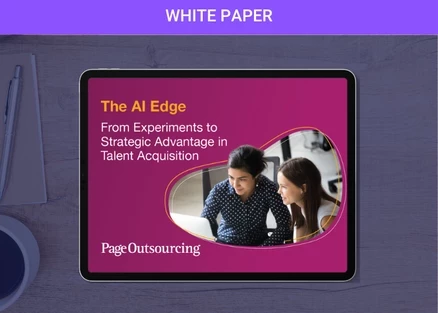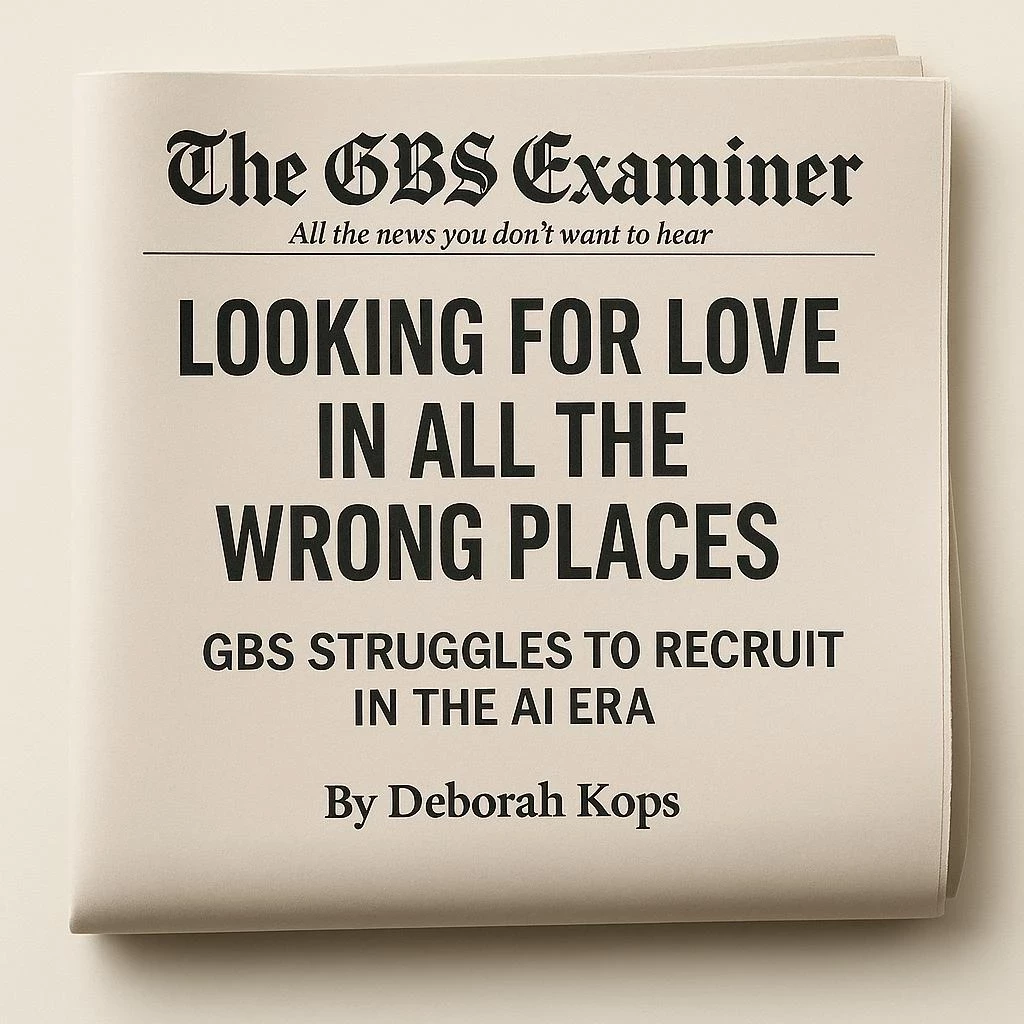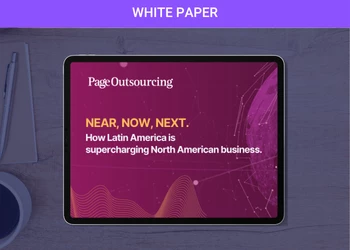
What does it take to be successful in the new world of work?
I’ve been exploring the answer to that question for years now — it’s why I wrote a book and it’s why I conducted original research on what people want out of their work and careers today — and there are two points that are clear:
The future of work is already here and the future of work is human.
What is the Future of Work?
The world of work has fundamentally shifted from one that is siloed, narrow, sequential, linear and rigid to a world that is collaborative, broad, agile, and fluid — a cultural shift from conformity to individuality.
This had been happening for a long time; you could see the workforce dynamics changing as a result of new technologies enabling work and team collaboration from anywhere, parallel pathing of additional income streams due to talent marketplaces and creator platforms, and the growth of the independent workforce. But this gradual shift rapidly picked up pace with the global pandemic in 2020.
People experienced a new level of uncertainty, priorities came into stark contrast, and many were forced to work in new ways. These changes then precipitated The Great Reshuffle, a surge of entrepreneurship, and subsequently challenges with attracting, retaining and engaging talent.
The result is that workers are redefining what they see as success. They are seeking purpose and passion, not solely money. They are looking for belonging in environments that are supportive and inclusive, not divisive. They are choosing to mitigate risk and maximize growth by parallel pathing additional opportunities through their side gigs or other entrepreneurial endeavors so they can fulfill their many interests and talents, not trusting their future to an organization. They want flexibility AND control to work where and when they want so that work can fit into their life, not the other way around.
And more people are realizing the collective power they have as workers — and organizations can’t just put that genie back in the bottle. The future is here and it’s human.
The Future of Work Is Human. So What?
Two big facets need to change if both people and organizations wish to thrive in this new world of work: (1) how individuals develop and manage their careers to align to their breadth of skills and talents and (2) how organizations invest in and support their employees. We ultimately want to get to a place of people-company fit.
I’m writing this column because I want to help both people and organizations navigate the uncertainty of the future of work. A lot has already changed and a lot more is going to have to change to bridge the gaps that exist. However, I truly believe that there’s something better on the other side of all this transformation.
For the past 10-20 years, most of us followed the traditional, linear career growth and development model. There was a specific track to follow to achieve that role or position. However, if you veered from it, the prevailing viewpoint was that it would be hard to get back on track or at least explain why you did it. That resulted in careers that were confined and conformist. And I don't think anybody ever felt like that was really an expression of their whole self.
For today’s professionals, career paths aren’t following a straight line but rather a series of zigs and zags that reflect breadth over depth. They are more likely to experiment in many different industries and roles to determine what fits them best vs. fit into a predetermined mold.
It’s ultimately this desire that’s driving many shifts in the workforce — this need to reflect all of their talents, skills, and interests in their profession so they can bring their whole self to work. We are inherently multi-dimensional and want to be able to show all sides of who we are.
And if you’re a leader within an organization, it’s critical to help support your people in achieving this sense of agency so they can reach their full potential, which will in turn help your company reach theirs. There is an expectation that employment is now a mutual value exchange, not a one-way directive, and the following learnings can help put this point into perspective:
When individuals feel successful with the progress they are making in their career, it not only positively impacts their personal and professional goals but also influences their likelihood to stay with their company, be committed, and even recommend it to others. And the inverse is true as well.
In the State of Work and Career Success 2022, we found that 64% of those who feel successful in their career are likely to stay with an organization versus only 29% of those who feel unsuccessful.

And this is what is necessary for leaders to understand when I share this research — most of your people already feel like their work, career, and personal life are linked. Having this context is necessary for you to develop a roadmap around how to get your workforce to stay (or even attract talent for that matter) and give you their best. And if you’re going to effectively leverage people who are constantly growing and evolving themselves, your organization is also going to need to get a lot more fluid.
So, what does it take to be successful in the future of work?
It’s changing and the answer is it will be different for every organization. With four generations in the workforce, one cookie cutter solution won’t work. As a leader, you will need to be open to experimentation and iteration. Start small and learn by getting the data and insights you need to determine what will stick and what won’t. In the end, it’s about being open to new ways of operating that will bring you closer to finding mutual success.
If you have any questions about navigating the future of work as an individual or the leader of an organization that you’d like addressed in a future column, reach out to me on LinkedIn, Twitter, or Instagram and let me know.
If you are interested in hearing an audio version of the column, listen to Connie Steele’s podcast below.
































